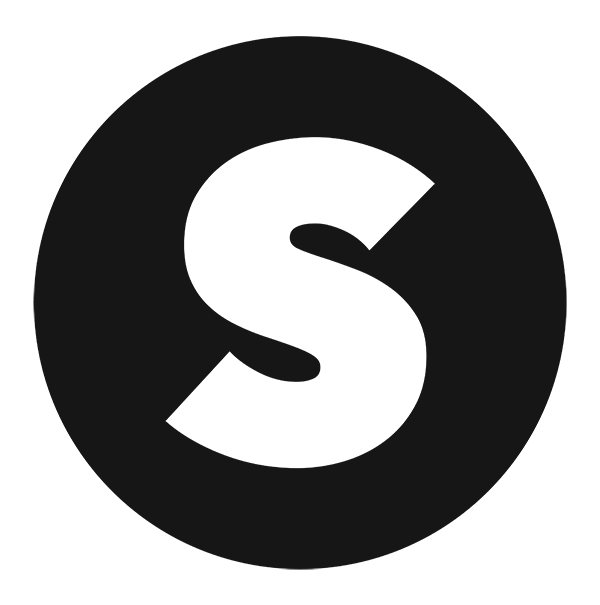Leadership doesn’t always mean leading others or directing or delegating. Leadership starts with leading yourself; things like time management, being honest about your responsibilities, putting in the extra time to refine your skills. Part of that is understanding how you work best. What is the optimal situation for you to create your best work most efficiently on a regular basis?
The book, Strength Finders, is built around the premise that your days are better spent amplifying your strengths and gifts versus toiling over your weaknesses. Of course, there are exceptions to this rule at a much more detailed level. If a tennis player’s backhand is a weakness it’s still going to need some work for that player to see success. That can’t be ignored. But if tennis is the athlete’s weakness and she’s naturally gifted at soccer, maybe her time is better spent there honing that craft.
As it goes with WHAT you work on, so it goes with HOW you work on it. Being in tune with the ideal situation required for you to produce your best work most efficiently will not only help you at that moment but could also help you to:
- Improve energy and focus over a period of time (days/week)
- Better communicate with your team and show empathy to how they best work
- Make decisions on project timelines and assign personnel to tackle the right tasks at the right time
Outlining your best moments: create a Productivity Inventory.
Identifying certain high-level productivity traits comes naturally. It’s easy for most of us to say confidently, “I do my best writing in the mornings” or “my best creative work happens in the evenings when no one is around.” But how do we dig a little deeper? Like an elite athlete, how do we track and improve on specific areas impacting the quality of work we produce?
Self-Awareness is key. First, create a checklist of your typical tasks and responsibilities. Now think back on two specific types of moments; one where you “felt in the zone,” felt productive, creative, firing on all cylinders, and one where despite knowing exactly what needed to be done you struggled to stay focused and complete the necessary tasks.
Ask the following for each scenario:
- What time of day was it?
- Was there music playing, was it quiet or was there simply a mixture of background noises?
- Were there people around or were you alone?
- Were you at a desk or in an easy chair? At the office, at home, or offsite someplace like a coffee shop?
- Were you working under a tight deadline or working ahead of schedule?
- How much sleep did you get the night before?
- Is there a connection to your diet / are you eating foods the promote brain energy?
Being honest (not feeling guilty) about how we work best can lead to improved individual and overall company efficiency. Understanding when you and your team need to walk away and take a break or which distractions can be scheduled or avoided altogether can get you to better project management which in the end provides for better work and a happier work environment.


